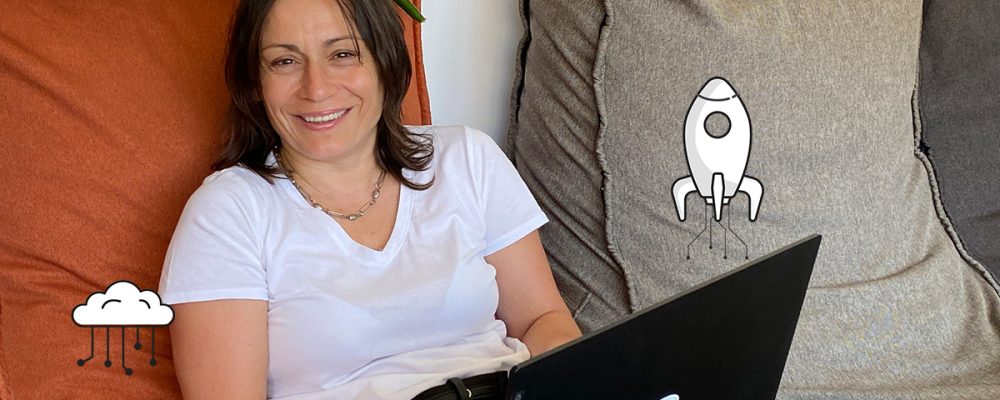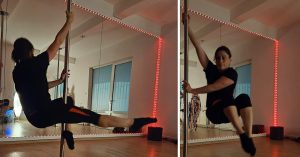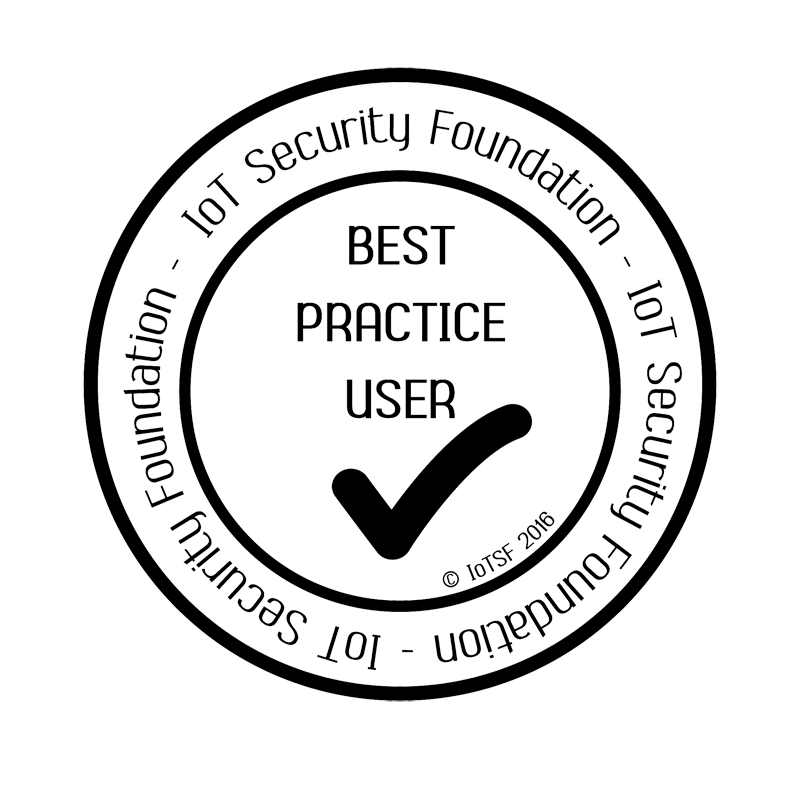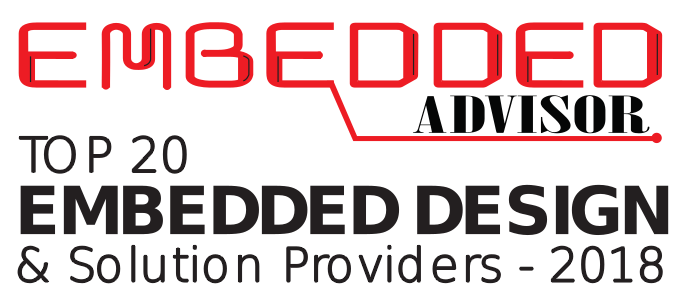
Balancing Passion and Profession: Meet Brana through Ninjutsu Code
Our colleague Brana has been shaping the technological future of ARS for seven years as a software developer. However, what makes her exceptional is also her life outside of working hours, where two completely different yet equally passionate activities lurk behind the code and monitors, enriching her life.

How long have you been part of the ARS team, what position do you hold, and what does your job entail?
I’ve been a part of the ARS team for seven years now, working as a software developer. My job involves the following activities: developing protocols for machine communication, designing user interfaces for application users, working with databases, client-server architecture development and implementation, deployment – creating installations and updates, and finally, testing.
We’ve heard that you have a very interesting hobby. Could you explain to us what ninjutsu is?
I’ve been practicing it my whole life. In the past, I trained in karate, aikido, and rowing. Currently, I practice pole dancing and ninjutsu. Ninjutsu is a traditional Japanese martial art that encompasses:
1. Strikes and defenses similar to those used in karate,
2. Ground techniques, escapes from holds (similar to judo),
3. Joint locks and throws (similar to aikido),
4. The use of weapons (boken, hanbo, tanto, knives) and defense against weapon attacks.
Ninjutsu also includes techniques for targeting weak points, enabling a weaker attacker to overcome a stronger opponent. That’s why the club where I train offers self-defense courses for women. As for pole dancing, my other hobby, it’s a form of gymnastic pole dance that demands physical fitness and incorporates incredibly engaging choreography. Both sports provide a fantastic club atmosphere and the joy of mastering new skills. Gymnastic pole dance is becoming increasingly popular among women because it’s complex, demanding a lot of effort, thought, and strength. Plus, the choreography is performed in the air, which gives a unique sense of power.

When and how did you become interested in and what attracted you to this martial art? What do ninjutsu training sessions look like?
I’ve been training in ninjutsu for just a year now, and I’ve earned two kyu ranks. I started training at the age of 48, and I never imagined I would learn so much and pass two exams. Ninjutsu training sessions last for two hours. On Mondays, we focus on sparring (and techniques), Wednesdays are for conditioning (and techniques), and Fridays involve weapons and ground techniques.
Ninjutsu is often associated with discipline, endurance, and precision. How do these qualities you develop in ninjutsu help in your everyday professional career?
Ninjutsu and pole dance help me gain a sense of accomplishment and progress. I’ve been a developer for 22 years, and I’m accustomed to “struggling” with solving various problems, as well as not having much relaxation. If it weren’t for that, I probably wouldn’t have chosen sports that demand the same level of dedication.

Do you notice any connections or similarities between your work in the embedded systems field and your hobby?
In my opinion, there aren’t many similarities. In sports, progress is readily visible, whereas in my profession, it’s crucial to consistently learn and enhance skills to sustain a steady state. New technologies emerge while older ones become obsolete.
Do you have any other hobbies?
When I was younger, I used to make very interesting and beautiful cakes for kids (since they weren’t satisfied with what was available on the market). I created cakes with various themes like Peppa Pig or a sitting cat. I even made fondant by hand because kids would’t eat store-bought fondant. I worked with icing to create various decorations and flowers as well. Another hobby of mine is home decoration (I know almost the entire Ikea program ��), and I use planners for different collections. I believe that well- planned space is essential, especially considering the rising real estate prices in the market. Lately, I’ve been selling things I don’t need. This is my first experience with retail, and I find it very interesting.

What is your advice for professionals in this field?
My advice is for them to keep learning and stay updated with new technologies, it’s truly essential in today’s world.




